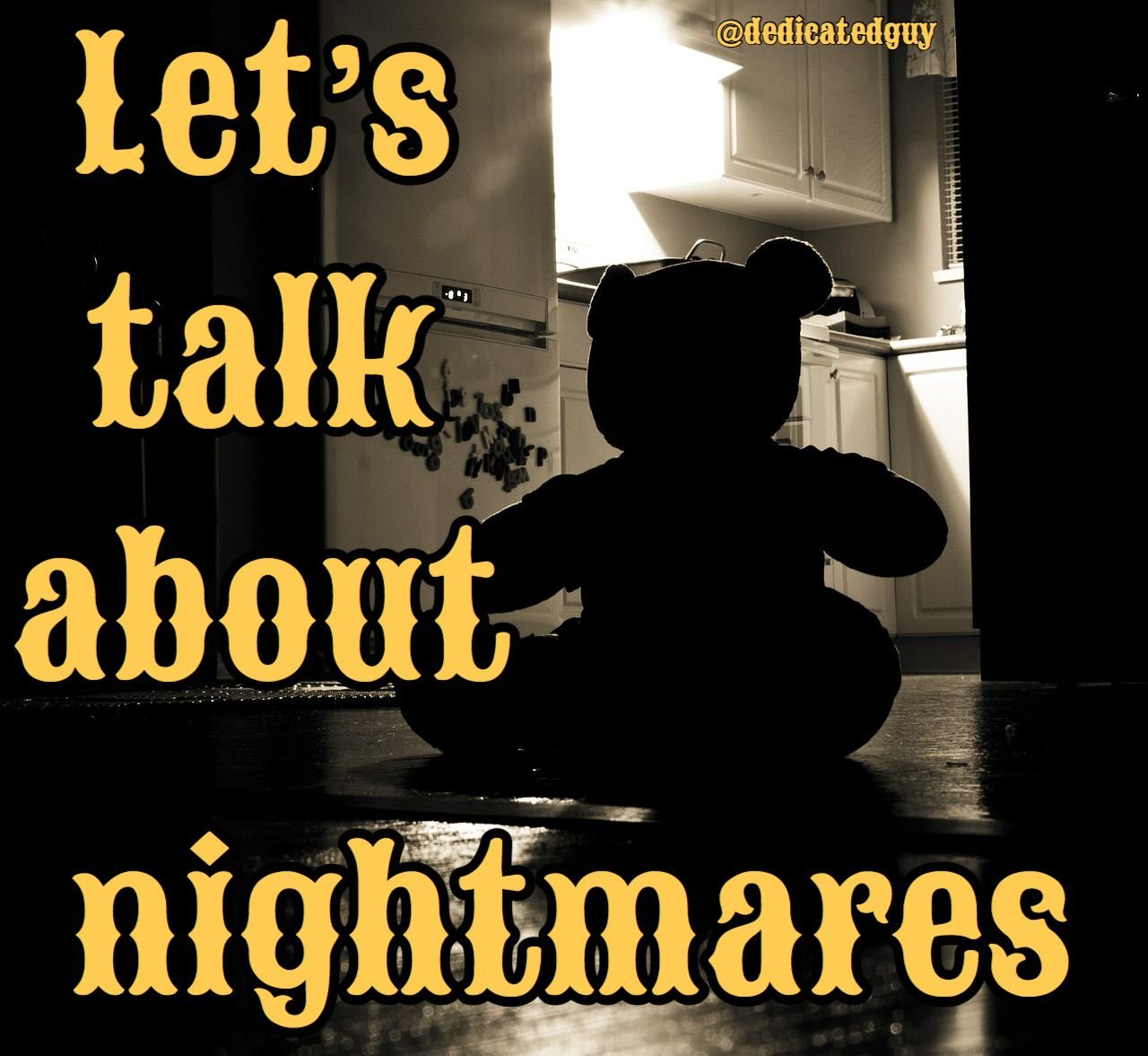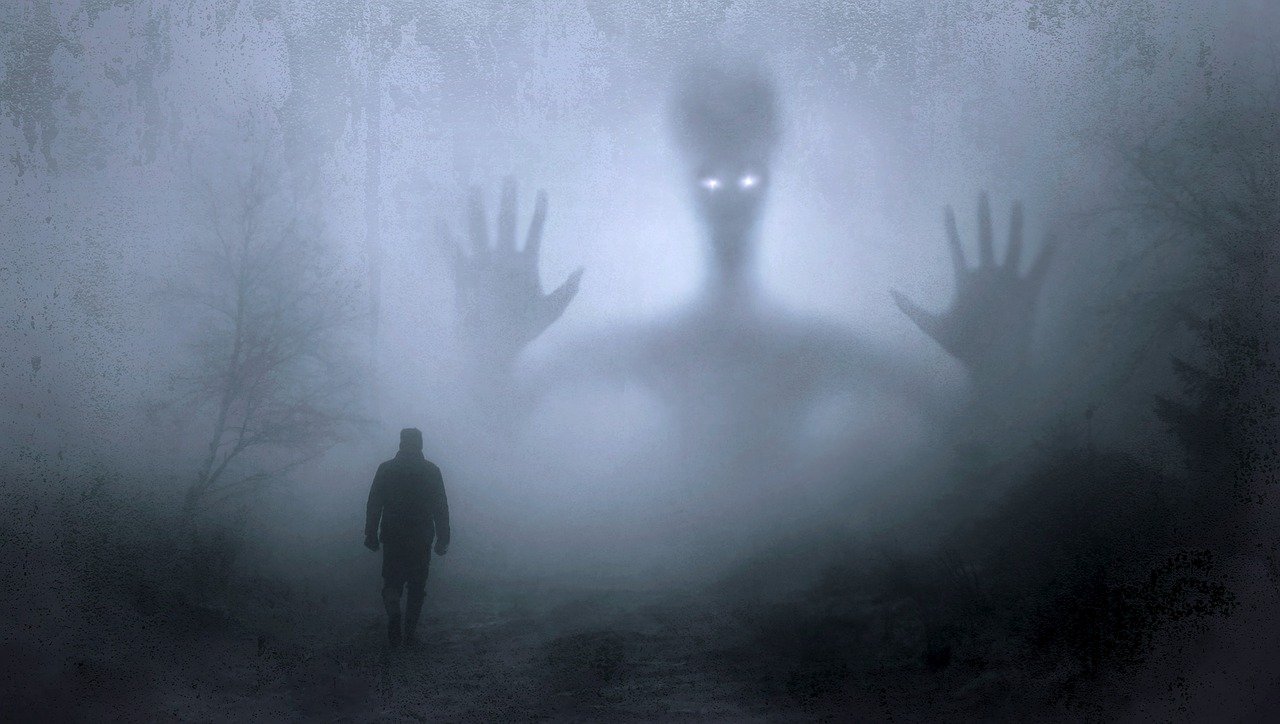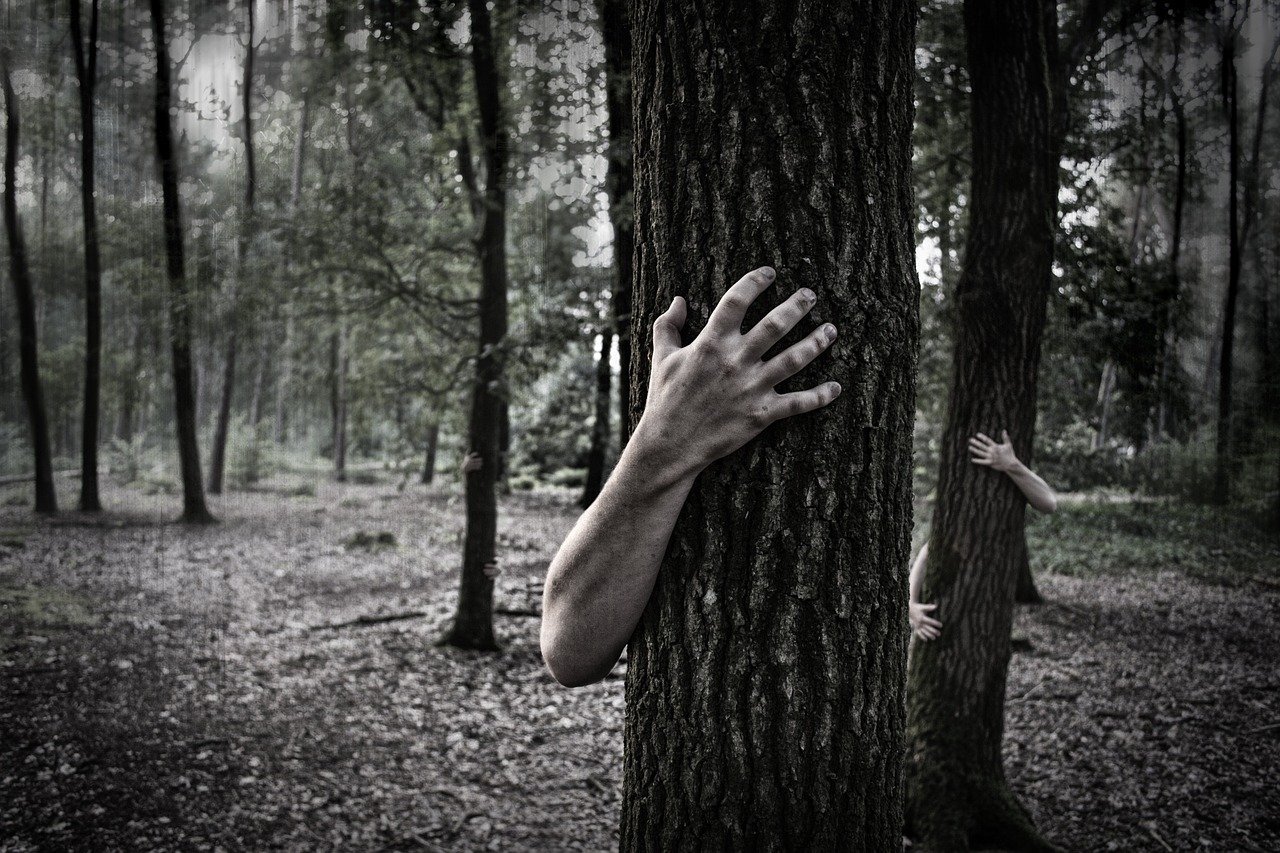
We all spend a considerable part of our lives sleeping, which is not surprising given the large amount of energy we must recharge to accomplish our daily activities. However, there are times when our sleep, which we usually associate with being relaxed and calm, becomes a hell that we desperately try to get out of.
Almost everyone of us has experienced a dream that causes panic or nervousness. Sometimes we can dream of the same nightmare repeatedly. Other times we might suffer nightmares presenting the same message but in a different context, the truth is that no one likes to have them

What are nightmares?
What we know as nightmares has come to exert such a strong impact in us, that a long time ago it stopped being a simple unpleasant experience that we have individually, to become a source of all kinds of mythologies or, directly, the very definition of what we want to escape from. In fact, we use the word "nightmare" to describe any highly distressing or traumatic experience in our lives.

Nightmares are lengthy, elaborate dreams with imagery that evokes fear, anxiety, or sadness. The dreamer may wake up to avoid the perceived danger. Nightmares can be remembered upon awakening and may lead to difficulties returning to sleep or even cause daytime distress. Isolated nightmares are normal, but when dreams that bring extreme terror or anxiety recur often they can become a debilitating sleep disorder. | Source
Nightmares are vividly realistic, disturbing dreams that rattle you awake from a deep sleep. | Source
Is it fair to consider nightmares as a state of unease and disturbance that appears at the moment of dreaming, often associated with images and sensations that cause us fear, sadness or any other negative emotion, in such an intense way that the interruption of our sleep is the final result.
Thus, we could consider that a bad dream does not become a nightmare if it does not wake us up or we reach a state of consciousness between sleep and wakefulness.
This sudden interruption in our sleep occurs easily, since the REM phase, which is what happens while we sleep and dream, is the stage of sleep that most resembles wakefulness thanks to the activation patterns of our neurons at that time. A small "push" can take us back to the real world.

Why do we have nightmares?
Like everything that surrounds the study of dreams, there is little that is fully understood with certainty about the causes of nightmares. But there are several things we can all agree on.
Unresolved conflict is not the only causation of nightmares, poor eating habits can also contribute to the frequency of these terror episodes. People can have nightmares after having a late-night snack. Eating meals or snacks that are high in carbohydrates in the late hours of the night can increase brain activity and body metabolism. | Source
We need to realize that it is very unlikely that there is a single cause that explains the existence of nightmares. We can of course, say the same about practically any other psychological process, in the case of nightmares this is reaffirmed in the effect that various elements have on the frequency of appearance of these unpleasant experiences. For example, leading a busy lifestyle and having stress makes them appear more frequently, and alcohol addiction has a similar effect, making what we dream to be more unpleasant and disturbing.

On the other hand, some people might think nightmares are what happens when a part of the unconscious emerges into our sleep state without being able to repress its contents, and this might force us to keep those ideas, memories or beliefs blocked and away from us. The state of anxiety caused by the fact of starting to see what we want to continue to ignore, can indeed cause us to be awaken in order to make this type of disclosures stop.
Nevertheless, that is not the case, since there are no part of our mind that try to hide certain contents while sleeping in order to prevent them from emerging into our consciousness, there are simply contents that at a certain moment are not relevant enough to get our attention.
We could see nightmares as something without any use whatsoever, they are simply there, and since they are inoffensive enough, the genes that make them possible do not disappear with the passage of generations.
On the contrary, if we attribute a certain utility to nightmares, specifically, that their presence on a daily basis can make us prepare for stressful events, maintaining a certain state of anxiety that might be useful in the short term to overcome specific obstacles. In this way, the nightmare would be a kind of mental training to get into alertness more easily and, therefore, react quickly in real life when needed.
However, the possible usefulness of nightmares might not compensate for the awkward feelings they cause. Either way, most people are not significantly affected by their nightmares, since they usually do not occur very often and, although in many cases what we see in them is very disturbing, we usually forget about the nightmare soon after waking up. In my case for example I am sure I have had tons of nightmares throughout my live, but right now I can only remember 2 of them, so they are for the most part a passing discomfort.

Conclusion

Having nightmares from time to time should not alarm us at all, the presence of these type of dreams does not have to pose a serious psychological problem, however, when they are recurrent, they are usually associated with different disorders such as depression, post-traumatic stress disorder and even schizophrenia.
There have been a few times in which while dreaming, I realize I am dreaming and try with all my energy to transform the dream into something I would like (I have literally tried to fly while dreaming), but for some reason this happen to be really hard to do in my case. Nevertheless, this is very useful when having a bad dream because there is always the possibility to change it for the better.
Have you ever had a nightmare that you remember to this day?
Were you able to take control of your dreams at least of a few occasions?
References
Images sources
All images are from pixabay

If these titles sound interesting to you, I assure you the articles will be even better!

Why some people simply cannot stop talking?
Why some people are unable to relate and engage with others?
Beware of the Burnout syndrome
Understanding our brain, how our thoughts work
Procrastination and psychology
